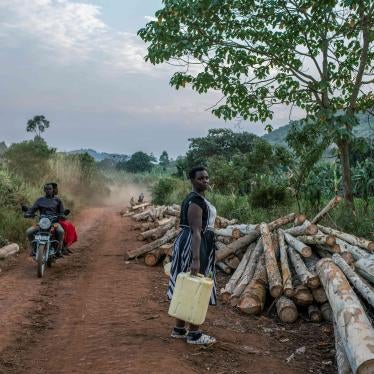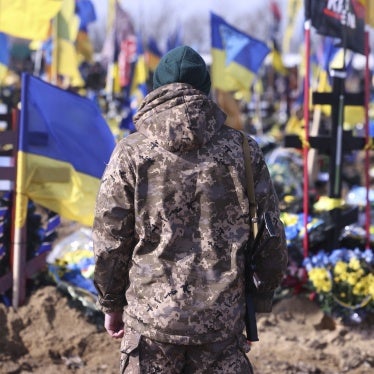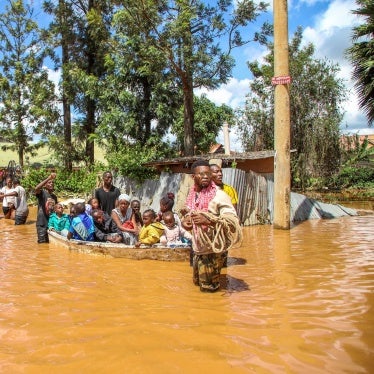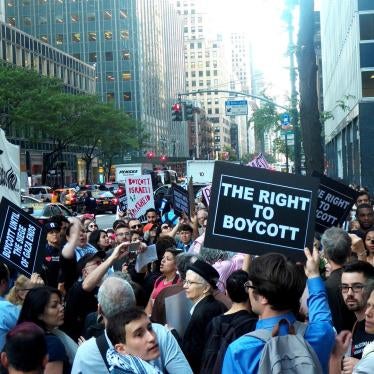The Queen, Tony Blair and 50 other prime ministers and presidents are flying into the Nigerian capital, Abuja, for the Commonwealth summit. There will be no place for Robert Mugabe at the summit table. Zimbabwe, suspended from the Commonwealth in 2002, was not invited. So before they start their meetings, perhaps the Commonwealth leaders should look around their host country, which, among other things, shelters Liberia's ex-president Charles Taylor, indicted on charges of war crimes and crimes against humanity.
Under President Olusegun Obasanjo, who took power in 1999, the Nigerian military and police have killed hundreds; others have died in intercommunal conflicts that the government has done little or nothing to address. In one case, the army killed more than 200 villagers in reprisal for an incident in which an armed group attacked and killed 19 soldiers. The 'Miss World riots' in the northern city of Kaduna last year were portrayed as senseless religious violence. It was rarely mentioned that the police killed dozens during the riots, which were prompted by political, not religious, tensions.
Thanks to its oil reserves, Nigeria could be a wealthy country. Instead politicians amass vast sums in their personal accounts, while the great majority of Nigerians live in extreme poverty.
In the spring, Obasanjo was returned to power in elections during which EU observers noted serious irregularities and fraud, and both the ruling party and its opponents sent out armed thugs to assault their rivals. Yet the Foreign Secretary, Jack Straw, described the elections as a 'landmark in the advancement of Nigeria's democracy' and, although more than 100 people were killed, welcomed the 'relative calm' in which they took place.
People protesting against a visit to Nigeria by President Bush in July describe how they were tortured on the orders of senior officials. One told Human Rights Watch how he heard the federal police chief order that he be taken out and 'squeezed'.
When people demonstrated against increased fuel prices, a senior police official ordered that they be shot on sight if they did not disperse within half an hour. Police went on to kill at least a dozen people. They beat a photographer, telling him: 'This is for the pictures you people take!'
Even the prospect of the summit has not restrained the Nigerian authorities. In November, three journalists were arrested and charged with sedition after an article alleged the involvement of senior officials, including the vice-president, in large-scale theft of crude oil. Police also disrupted public processions to commemorate the execution in 1995 of Ken Saro-Wiwa and eight Ogoni activists. Some of those arrested were told they would be killed 'like Saro-Wiwa'.
So what's the difference between Nigeria and Zimbabwe? The former produces large amounts of oil and, with more than 50 million Muslims, counts as a valuable ally in the 'war against terrorism'.






